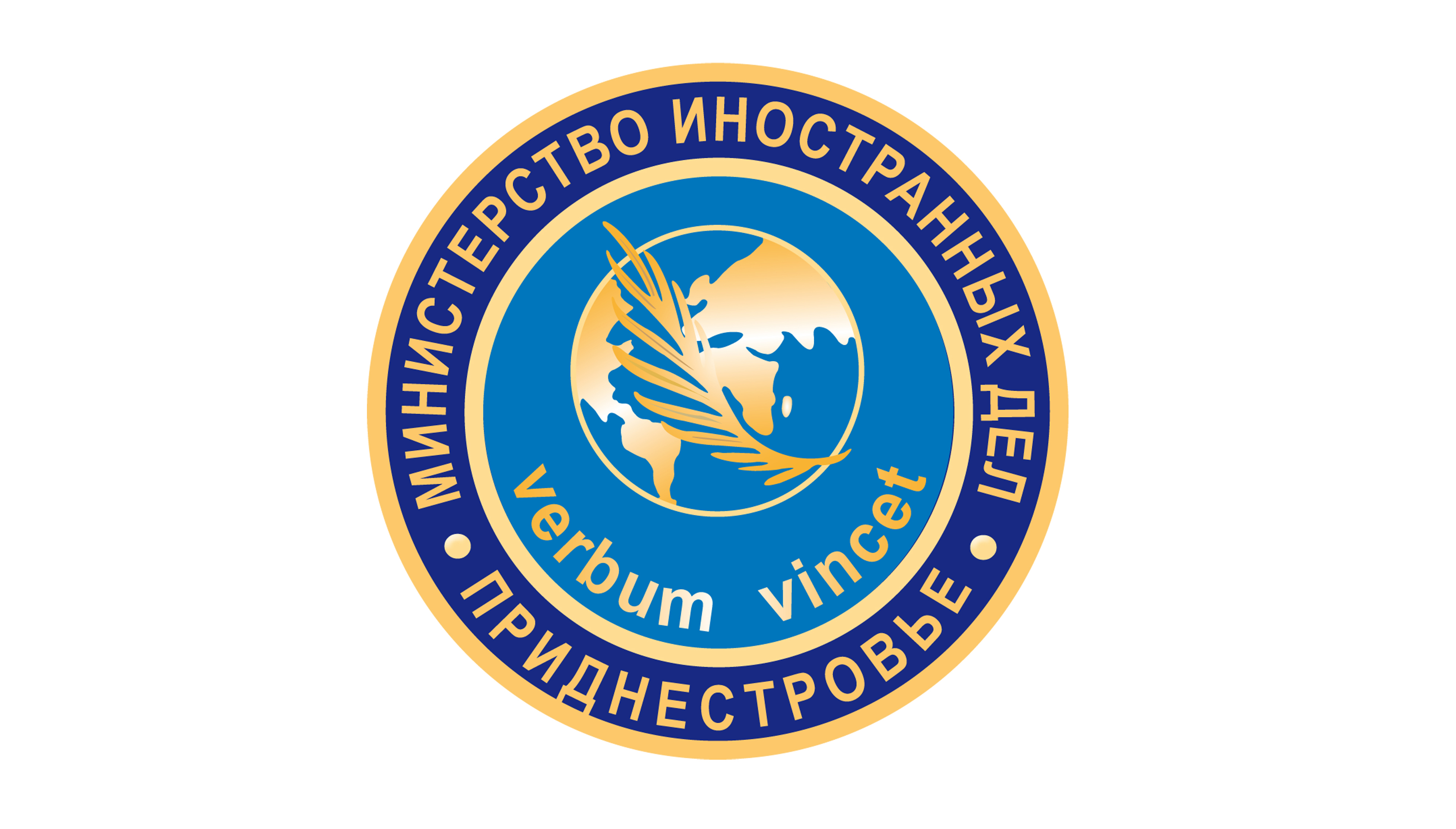The Ministry of Foreign Affairs of the Pridnestrovian Moldavian Republic drew attention to the President of the Republic of Moldova Igor Dodon’s comment on the Moldovan-Pridnestrovian dialogue, the content of which contradicts the real situation in the negotiation process characterized by an atmospheric degradation and the Moldovan’s side inability to fulfill the taken obligations.
In this regard, the Ministry of Foreign Affairs of the PMR considers it necessary to make a number of clarifications.
As well known, the often mentioned bilateral agreements of 2017-2018, supported by international partners and aimed at resolving old problems were not signed by Igor Dodon or by his authorized representatives. Perhaps, namely for this reason the Moldovan side is actually blocking their implementation over the period of six months.
The Moldovan President comments on telecommunication distort the real situation which actually consists of the new Moldovan authorities’ refusal to fulfill the previously agreed obligations. Numerous promises of Igor Dodon to solve problems in the banking sector and in other areas still remain only promises.
It seems that the reason for the neighboring state president to make a next wave of distorting reality statements is Moldova’s progressive loss of international authority and the bygone confidence of its positions.
Moldova critically loses the trust and support of international participants when publicly disrupting, under far-fetched pretexts the signing of the Bratislava meeting final protocol within “Permanent Meeting ...” in the “5 + 2” format in October 9-10, 2019; when ignoring the implementation of the package of previously reached agreements; when refusing to sign new agreements, officially initialed by the heads of expert (working) groups parties.
Everyone knows the consensus of world actors involved in the settlement and its essence consisting in the fact that there is no alternative to negotiations between Moldova and Pridnestrovie and there is no other way but to fulfill the obligations undertaken earlier. The faster long-standing problems are resolved; the sooner settlement progress is possible.
Inventing non-viable options for a “settlement” that have nothing to do with reality, and blocking at the same time the existing mechanisms for finding compromise solutions, official Kishinev deliberately leads the settlement process into an endless dead end.
Each new Moldovan authorities’ populist statement against the background of dialogue stagnation that they provoked themselves, together with the inconsistency and inconclusiveness of Moldova’s position becomes obvious to an increasing number of international actors.
In connection with the stated above, Pridnestrovie calls on the Moldovan leadership to return to reality, to abandon all forms of discrimination and pressure and to totally fulfill its international obligations towards Pridnestrovie and resolve the set of social and humanitarian problems.








